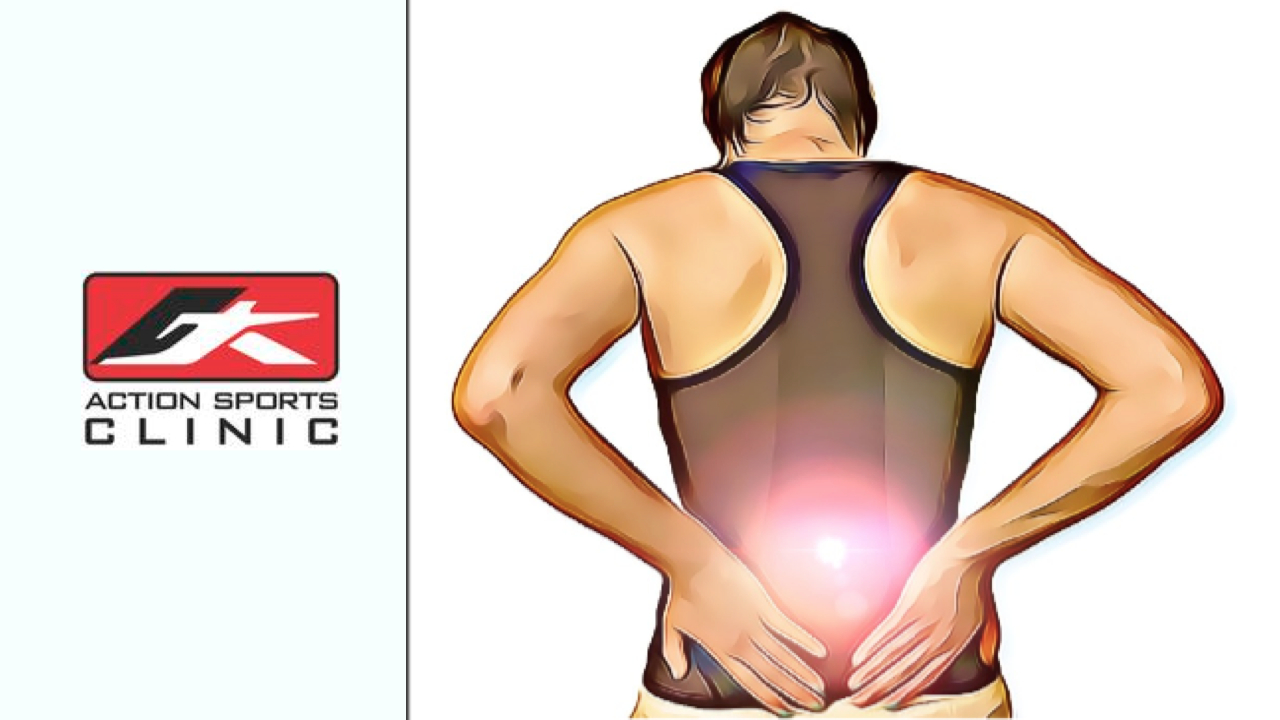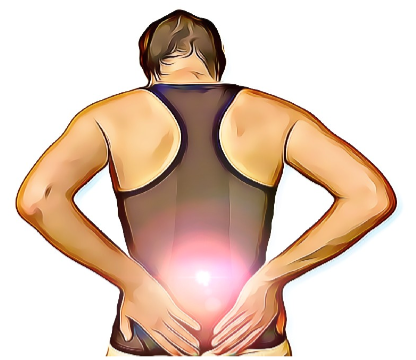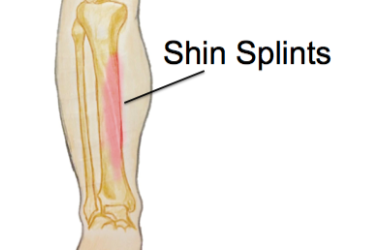Fibromyalgia: A Chronic Condition with Widespread Pain and Other Symptoms

What Is It?
Fibromyalgia is a chronic condition characterised by widespread pain throughout the body along with fatigue, memory problems, sleep and mood disorders.
Sufferers of fibromyalgia often spend years trying to find a diagnosis that fits their many symptoms and fluctuate between periods of having high energy and ‘crashes’ of fatigue and pain.
In severe cases, fibromyalgia can cause significant lifestyle disruptions, including reduced activity, unemployment and depression.
The underlying mechanism that creates the symptoms of fibromyalgia has been shown to be increased pain amplification by the central nervous system and reduced activation of the sympathetic nervous system.
Essentially this means that small pain signals in the body are processed as large pain signals by the central nervous system.
Physiotherapy has been shown to be helpful in some cases as it relieves pains while also training individuals on how best to cope with everyday activities, such as household chores or sporting events. A physiotherapist will teach you about gentle exercise, stretching techniques, posture advice and relaxation skills like meditation – all tailored for your needs
What causes it?
Fibromyalgia is a complicated condition that is poorly understood. This can be very frustrating for sufferers, who often find themselves being shuffled between health practitioners looking for answers and long term relief.
While the pain generally feels muscular, usually little to no muscular damage or injury can be found on physical assessment.
The symptoms can also mimic those of an infectious illness, or other chronic diseases.
Often a diagnosis of fibromyalgia is reached after other diseases and causes have been ruled out.
The cause of fibromyalgia is as yet unknown, it was thought that the depression and reduced activity that are often associated with fibromyalgia could be causative, however it has been shown that these are symptoms of fibromyalgia rather than causes.
Other significant signs of fibromyalgia are a lack of REM sleep in sufferers and a positive result of more than 11 out of 18 muscular trigger points.
What is the treatment?
Following a diagnosis of fibromyalgia, patients primary strategy is to understand and manage their symptoms.
This can involve pacing activities and balancing exercise so as to reduce ‘crashes’ and unhelpful pain cycles that lead to frustration.
Identifying activities, employment and a routine that don’t exacerbate symptoms can have a significant impact on quality of life for someone with fibromyalgia.
Having psychological support can also be very important to help patients deal with the emotional distress of a complex chronic condition that has no outward physical signs.
Physiotherapy Treatments that have been shown to help reduce symptoms are TENS (electrical stimulation) which produces an endorphin response and can reduce pain. Certain medications may be helpful when prescribed by a doctor.
Education and understanding of this condition can have the largest impact for sufferers, helping them to manage and maintain some control over their symptoms.
Physiotherapists can have a large role in education and helping patients find a routine and activity level that helps them manage their condition as best as possible.

Disclaimer
None of the information in this article is a replacement for proper medical advice. Always see a medical professional for advice on your individual injury.
More From The Blog
The latest news, commentary and recipes from the team at Action Sports Clinic.
Custom Knee Braces: Uses, Benefits – Custom Brace Experts in Calgary
Referred pain is the term used when pain is felt at a different location to the source that is sending the pain signal. There are many kinds of referred pain, and some are easier to explain than others.
Understanding Referred Pain
Referred pain is the term used when pain is felt at a different location to the source that is sending the pain signal. There are many kinds of referred pain, and some are easier to explain than others.
Common Running Injuries
As running is a repetitive impact activity, most running injuries develop slowly and can be challenging to treat. Here are three of the most common conditions faced by runners.
Frequently Asked Questions
What services do you offer?
We specialize in the practice of Sports Medicine and provide services related to Sports Therapy, Chiropractic Care, Physical Therapy, Massage as well as off the shelf and custom Prosthetics & Orthotics.
Do I need an appointment?
Yes! We take pride in personal service and being very accomodating. Please click any of our Appointment Buttons and submit your information, we will be in touch to confirm your date and time.
Where is your office located?
We are located in downtown Calgary at 639 – 5th Ave SW – Suite 130. Easy street access right across 5th Avenue from Tim Hortons. Limited customer parking available at rear of building.
What are the office hours?
We are open Monday – Friday from 7:00 am until 5:00 pm.
Do I need a referral from my physician?
No, a referral is not required to schedule an appointment.
Do you provide custom brace solutions?
Yes, Dr. Rennick is qualified by the world’s top orthoepedic brands to develop custom bracing solutions for many conditions.
What Brands does Action Sports Clinic Carry?
We carry brands from the worlds top manufacturers including Donjoy, Össur, CTi, Bauerfeind, Thuasne and more.
Get in Touch
Open Hours
639 5 Avenue Southwest Suite 130
Calgary, Alberta T2P 0M9



